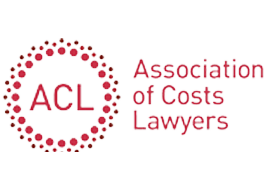Athene Legal acted on behalf of the claimant in detailed assessment proceedings, arising from a claim for AED 111,000,000 against an Abu Dhabi company. The case concerned allegations of threats, intimidation and unlawful means conspiracy – relating to the defendants’ alleged improper influence over the Abu Dhabi justice system. The proceedings gave rise to a jurisdiction battle as to whether the claimant was able to obtain a fair trial in Abu Dhabi.
We assisted the paying party claimant by reviewing the receiving party’s bill of costs and preparing detailed points of dispute. The matter contained an international element, and the detailed assessment proceedings gave rise to some complex costs issues. This included the assessment of costs of various foreign lawyers and experts, plus work associated with other proceedings in Abu Dhabi and Switzerland.
The matter was initially heard over a 5-day detailed assessment hearing before Senior Costs Judge Gordon-Saker in the Senior Courts Costs Office – with the claimant represented by Paul Parker of 4 New Square and Tyler McEwen of Athene Legal.
Owing to insufficient time to deal with the entire bill of costs, a further 9-day detailed assessment took place six months later. Tyler McEwen represented the claimant again and obtained a significant reduction of 58% to the receiving party’s bill of costs equating to well in excess of £1m.
Discover how we can assist you in detailed assessment proceedings.






